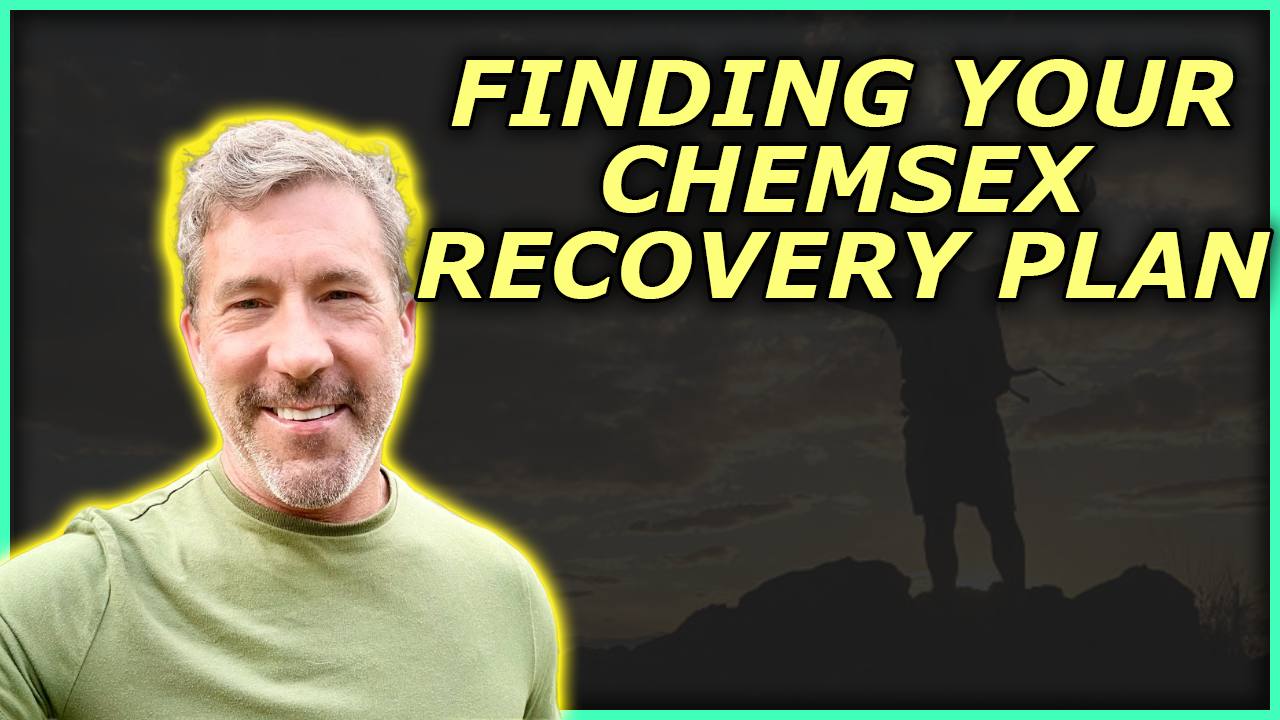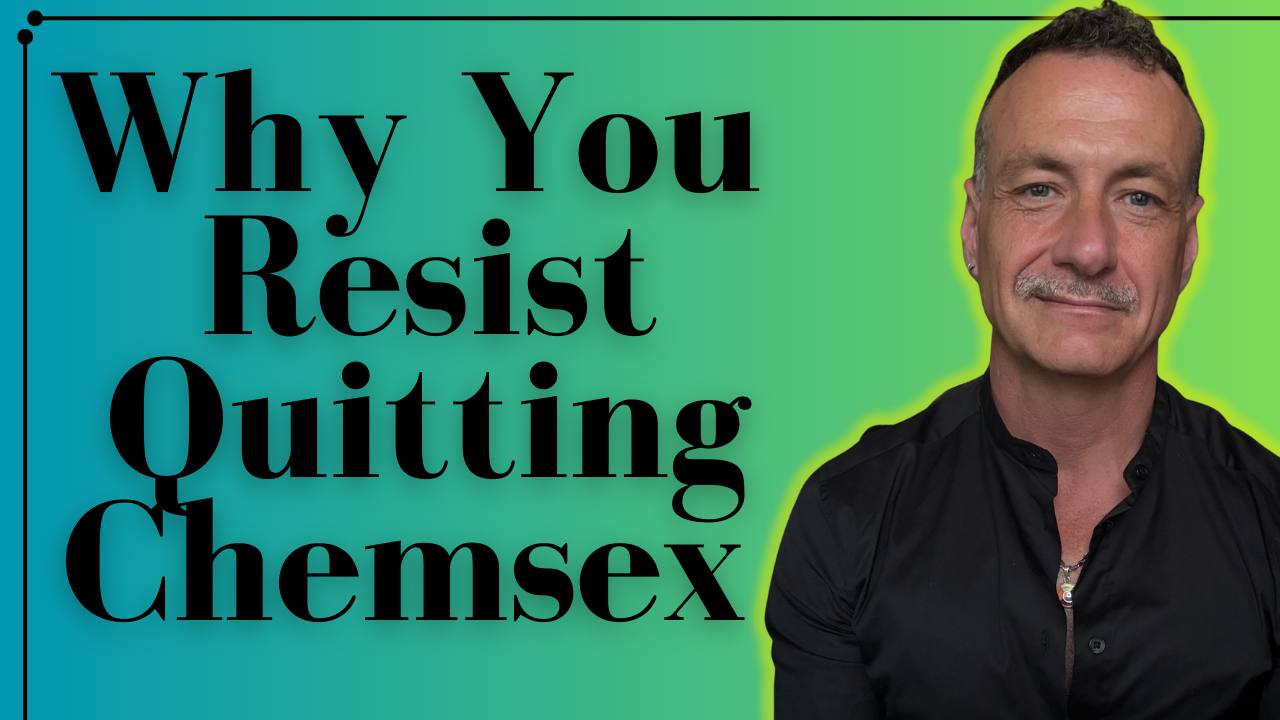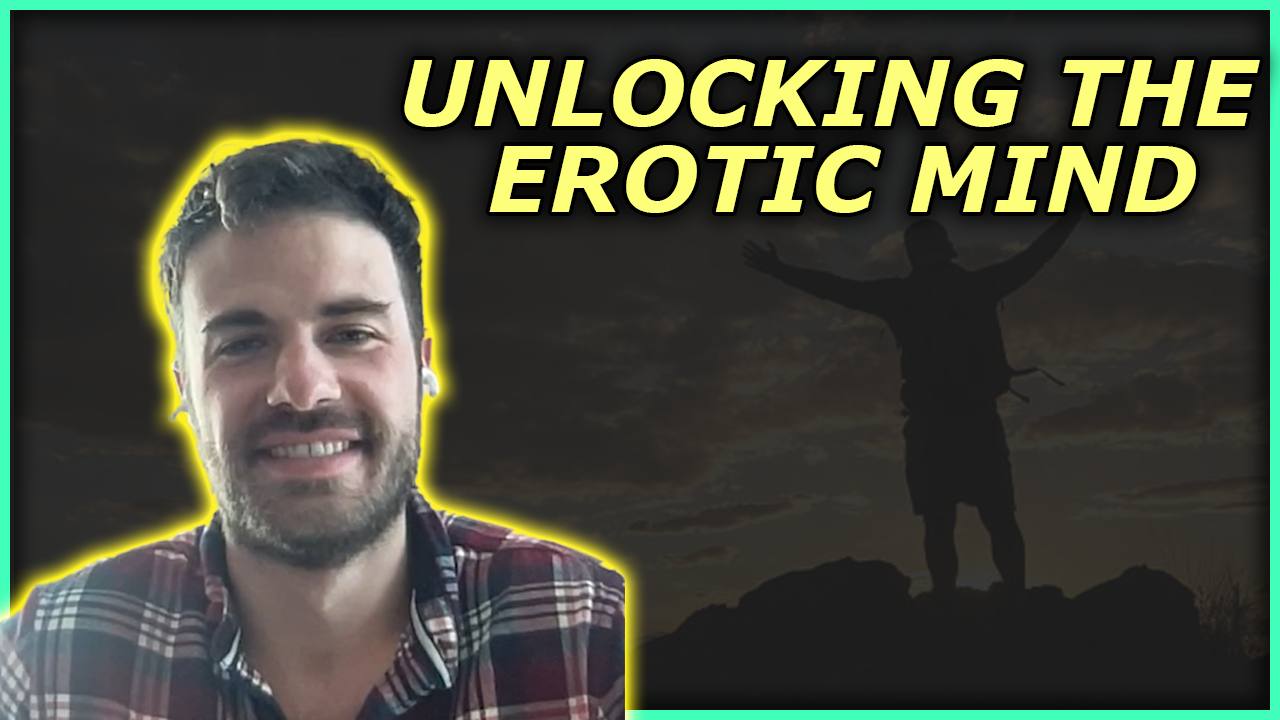Does Jesus Love Gay Meth Addicts
The fear of Jesus led me to plan my suicide.
The fear of Jesus also kept me from implementing said plan.
I wanted to kill myself and end the crushing guilt of who I was, but if I ended my life, he would sentence me to eternal hell. What a catch-22.
As any gay boy growing up with a conservative Christian influence will tell you, it is traumatizing.
I believed for decades that a demon possessed me. And I lived in daily fear that if Jesus decided to come back, the demon and I would burn in fire for eternity.
I lived in a triggered state of guilt, shame, and disassociation for over thirty years.
My mental health was stolen from me by men who interpreted the Bible a certain way.
I lost years and was driven into meth addiction because my young mind was manipulated by people in the church who told me I was abnormal.
They said Jesus hated what I was.
It has taken over six years of work in recovery to heal. To develop compassion for people who didn't know any better.
Most of all, after six years, I have a true, loving relationship with Jesus.
I know the meaning of unity.
I know the meaning of unconditional love.
I know the meaning of grace and forgiveness.
That's who Jesus is. And yes, Jesus loves me- the Bible told me so.
This week we hear from Tim, a gay man who loves Jesus and credits his faith for his successful recovery from crystal meth. Hope you enjoy the conversation!
Listen to the podcast:

Watch the podcast:
Podcast Study Guide
The Complex Nature of Recovery and Identity
Recovery from methamphetamine addiction involves far more than simply stopping substance use.
As illustrated in Tim's story, it requires a deep examination of personal identity, past trauma, and ingrained behavioral patterns.
The process of recovery often reveals layers of complexity in how we view ourselves and our place in various communities.
Many individuals discover that their addiction served as a shield, protecting them from addressing underlying issues of self-acceptance, trauma, or unresolved conflicts about their identity.
The journey to recovery therefore becomes a holistic process of self-discovery and integration.
The Transformative Power of Spiritual Connection
Tim's experience demonstrates how spiritual connection can serve as a powerful foundation for recovery, even in the face of potential rejection or judgment.
His story shows that individuals can find strength in faith while maintaining their authentic selves, rather than feeling forced to choose between spirituality and identity.
This spiritual connection often provides a sense of purpose and belonging that many seek through substance use.
The key lies in finding inclusive spiritual communities that accept and celebrate all aspects of one's identity while supporting recovery goals.
Building Sustainable Support Systems
Recovery requires the development of robust support systems that can weather challenges and setbacks.
These systems often include a mix of professional help, peer support, spiritual communities, and personal relationships.
Tim's story highlights how maintaining boundaries while building these connections is crucial. The process involves careful discernment about which relationships nurture recovery and which may compromise it.
It's essential to recognize that building these support systems takes time and may require trying different communities or approaches before finding the right fit.
Navigating Relationships in Recovery
The impact of addiction on relationships emerges as a central theme in Tim's narrative.
Recovery often involves repairing damaged relationships while establishing new, healthy connections.
This process requires patience, honesty, and willingness to be vulnerable. Partners, family members, and friends may need time to rebuild trust, while the person in recovery must learn to navigate intimacy and connection without the artificial boost of substances.
The journey involves learning new communication skills, setting appropriate boundaries, and developing emotional intelligence.
The Role of Authenticity in Sustained Recovery
A crucial element of successful recovery is the ability to live authentically while managing various aspects of identity.
Tim's story illustrates how attempting to compartmentalize or deny parts of oneself can contribute to addiction.
True recovery involves accepting and integrating all aspects of identity - sexual orientation, spirituality, past experiences, and current challenges.
This integration allows for genuine connections with others and reduces the internal conflict that often drives addictive behaviors.
The Importance of Daily Practices
Successful recovery requires establishing consistent daily practices that support sobriety and personal growth.
This includes regular self-reflection through journaling, maintaining spiritual practices, attending support groups, and engaging in honest communication with trusted individuals.
These practices help create structure and stability while providing opportunities to process emotions and challenges in healthy ways.
Tim's emphasis on church attendance and journaling demonstrates how these regular practices can anchor recovery efforts.
Facing and Processing Trauma
Understanding and processing past trauma emerges as a critical component of recovery.
Many individuals discover that their substance use served as a coping mechanism for unresolved trauma.
Recovery involves developing new, healthy ways to address these wounds while building resilience.
This may include professional therapy, support groups, spiritual guidance, and personal reflection work. The goal is not to eliminate painful memories but to develop healthier responses to them.
What was your major takeaway from this week's pod? I would really love to hear! Reply to this email and let's begin a dialogue.
Love, Dallas 💚
Journal Prompts
- Write about a time when you felt rejected by a community. How did you handle it, and what did you learn?
- Describe your ideal support system. What elements are missing, and how might you find them?
- Reflect on your relationship with spirituality or faith. How has it evolved through your recovery?
- Write a letter to yourself during active addiction. What wisdom would you share?
- Describe a moment when you felt authentic and accepted. What made that moment possible?
Action Exercises
- Community Building
- Research inclusive spiritual communities in your area
- Attend three different support groups or communities
- Make a list of non-negotiable boundaries for community involvement
- Document your experiences and feelings after each visit
- Identify one community to commit to regularly
- Relationship Inventory
- List relationships affected by addiction
- Write specific actions taken or needed for repair
- Create a plan for honest communication
- Practice vulnerability with safe people
- Set healthy boundaries where needed
- Identity Integration
- Write down different aspects of your identity
- Identify where these aspects conflict
- Research others who successfully navigate similar conflicts
- Find role models who embody integrated identities
- Create affirmations that embrace your whole self
- Spiritual Expression
- Explore different forms of spiritual practice
- Start a daily gratitude practice
- Create a meaningful morning routine
- Find ways to serve others
- Document your spiritual growth
- Recovery Maintenance
- Develop a daily check-in practice
- Create a list of healthy coping mechanisms
- Build a support network contact list
- Plan regular self-care activities
- Set up accountability partnerships
Practical Applications
The journey of recovery requires consistent effort and practical application of insights gained. Consider implementing these strategies:
- Establish a daily journaling practice to track progress and process emotions
- Create a regular schedule for attending both recovery and spiritual communities
- Build a diverse support network that includes various types of support
- Practice setting and maintaining healthy boundaries while remaining open to genuine connection
- Focus on progress rather than perfection in all areas of recovery
- Develop personalized coping strategies for triggering situations
- Create regular check-in routines with trusted support people
- Engage in service to others when ready
- Maintain physical health through proper nutrition and exercise
- Practice mindfulness and stress management techniques
November 14, 2024





Responses